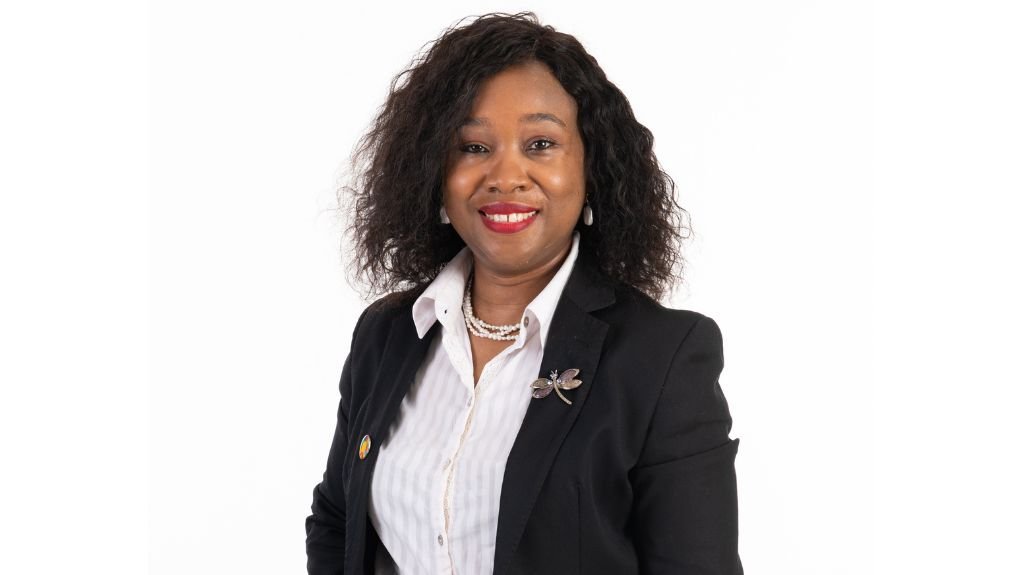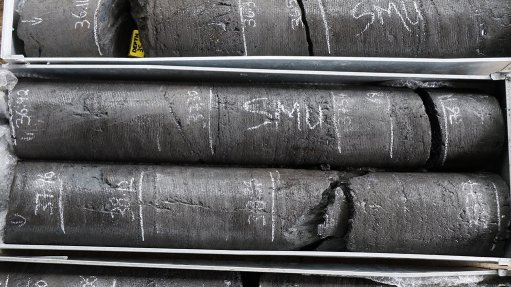Climate goals weighed against economic realities



SHAMINI HARRINGTON While decarbonisation is a priority, it must be pursued in a way that reflects national realities such as energy insecurity, unemployment and inequality
STEPHINAH MUDAU The Minerals Council South Africa has adopted a climate change position statement that commits members to reducing emissions, developing climate response strategies and improving transparency in reporting
South Africa’s mining industry is being positioned as a contributor to and an enabler of, the country’s climate transition, while its role in sustaining economic growth and jobs is also being highlighted, according to representatives from mining industry association and advocacy body Minerals Council South Africa.
Speaking to Mining Weekly, Minerals Council South Africa executives emphasise that decarbonisation is a priority that must be pursued in a way that reflects national realities such as energy insecurity, unemployment and inequality.
The mining industry is making considerable investments in decarbonisation measures ranging from energy efficiency to large-scale renewable-energy deployment, says Minerals Council South Africa climate change senior executive Shamini Harrington.
Mining companies are also testing technologies that could unlock low-carbon opportunities across the economy, including green hydrogen and biofuels.
“Many of our members, from Sasol to Anglo American and De Beers, are running proof-of-concept projects in this space. These innovations could also enable employees from the coal sector to transition into new industries in future,” she says.
Harrington adds that the Minerals Council South Africa supports a diversified energy mix that includes coal, gas, renewables and other low-carbon sources: “We must recognise our resources and utilise them to fund the transition. Excluding any one energy source, especially now, is impractical”.
The Minerals Council South Africa has a climate change position statement that commits members to reducing Scope 1 and 2 emissions, developing climate response strategies and improving transparency in reporting, says environment head Stephinah Mudau.
Members are also urged to adopt climate adaptation measures and ensure that the transition is just.
Mining is central to providing the raw materials needed for the global energy transition, with minerals such as copper, lithium and rare earths being critical for manufacturing low-carbon technologies.
“The sector may contribute emissions today, but it also provides the resources essential for decarbonisation worldwide,” she adds.
Despite these advances, Harrington cautions that the transition has to be carefully paced, as the sector faces major challenges of time and capital: South Africa’s fragile economy, together with depressed production and retrenchments, make large-scale investment difficult.
“An unstable mining industry will not have the capital to invest in costly low-carbon technologies,” she warns. Mudau agrees, adding that commodity prices are set internationally, which means miners cannot pass the cost of decarbonisation on to consumers.
Policy incoherence adds to the strain, as carbon budgets, carbon taxes and excess emissions penalties do not align; consequently miners face more penalties than incentives.
“What we need are policies that encourage investment in low-carbon opportunities and in turn help tackle poverty, unemployment and inequality,” adds Harrington.
The balance between supplying critical minerals and decarbonising operations remains a pressing issue, and although reserves exist and demand is strong, investment is constrained by regulatory uncertainty and high operating costs.
“An investment-friendly environment is essential for South Africa to play a global role in supplying future critical minerals,” she adds.
Mudau notes that mining-related emissions may rise in the short term if mining activity is to increase to meet global demand for critical minerals to support the global 1.5 ºC climate goal, with future energy transition solutions being manufactured as the result of more critical minerals being available.
Investment in Renewable Energy, Research
Minerals Council South Africa members are actively investing in renewable energy and research, says deputy head Peter Mohasoa.
“Collectively, members have installed about 7.5 GW of renewable power and are investing in technologies such as hydrogen-powered haul trucks. These initiatives show commitment to decarbonisation while preparing to meet critical mineral demand,” he says.
Harrington adds that renewable-energy integration brings both business and environmental benefits, improving supply reliability and reducing costs.
Article Enquiry
Email Article
Save Article
Feedback
To advertise email advertising@creamermedia.co.za or click here
Announcements
What's On
Subscribe to improve your user experience...
Option 1 (equivalent of R125 a month):
Receive a weekly copy of Creamer Media's Engineering News & Mining Weekly magazine
(print copy for those in South Africa and e-magazine for those outside of South Africa)
Receive daily email newsletters
Access to full search results
Access archive of magazine back copies
Access to Projects in Progress
Access to ONE Research Report of your choice in PDF format
Option 2 (equivalent of R375 a month):
All benefits from Option 1
PLUS
Access to Creamer Media's Research Channel Africa for ALL Research Reports, in PDF format, on various industrial and mining sectors
including Electricity; Water; Energy Transition; Hydrogen; Roads, Rail and Ports; Coal; Gold; Platinum; Battery Metals; etc.
Already a subscriber?
Forgotten your password?
Receive weekly copy of Creamer Media's Engineering News & Mining Weekly magazine (print copy for those in South Africa and e-magazine for those outside of South Africa)
➕
Recieve daily email newsletters
➕
Access to full search results
➕
Access archive of magazine back copies
➕
Access to Projects in Progress
➕
Access to ONE Research Report of your choice in PDF format
RESEARCH CHANNEL AFRICA
R4500 (equivalent of R375 a month)
SUBSCRIBEAll benefits from Option 1
➕
Access to Creamer Media's Research Channel Africa for ALL Research Reports on various industrial and mining sectors, in PDF format, including on:
Electricity
➕
Water
➕
Energy Transition
➕
Hydrogen
➕
Roads, Rail and Ports
➕
Coal
➕
Gold
➕
Platinum
➕
Battery Metals
➕
etc.
Receive all benefits from Option 1 or Option 2 delivered to numerous people at your company
➕
Multiple User names and Passwords for simultaneous log-ins
➕
Intranet integration access to all in your organisation



















